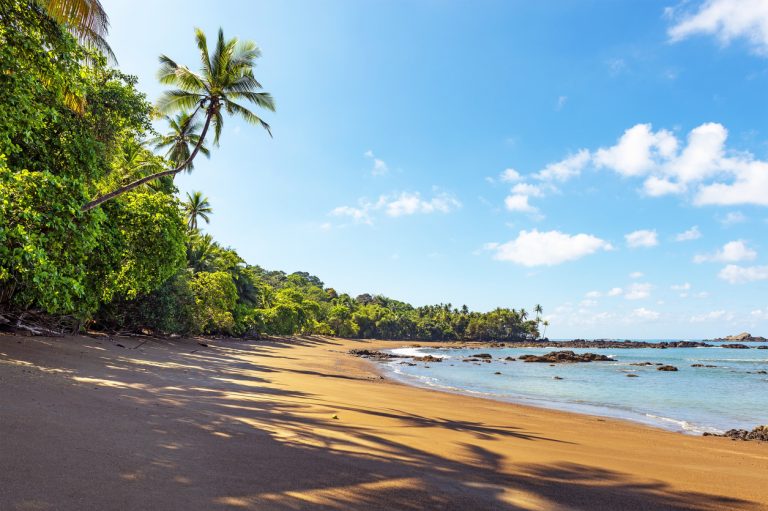Just last week, Costa Rica’s president Carlos Alvarado Quesada announced that the Central American country will be the latest country to start requiring a vaccine passport.
Launching December 1, it will exist in the form of a QR code and this digital document will hold each individual’s personal details, health records and information about their COVID-19 vaccinations. Alvarado is keen to have greater economic openness and quell the pandemic in the country as according to the CDC they are rated as ‘Level 4: Very High’ in terms of COVID-19 levels.
This QR code will only be available to natives but travelers will have to show their Health Pass or vaccination cards to require a list of 12 categories including: restaurants, museums, adventure tourism and more. National Parks are not open, most to 100% capacity, beaches will be open daily from 5 a.m. to 8 p.m and travelers should note that masks are required in all public indoor settings.
The vaccine passport will limit those from entering the country and will facilitate the “gradual and responsible” reopening of the Costa Rica economy according to Alvarado. This is the third such change following a relaxation on vehicle travel and increase of the capacity in the tourism sector.
While a negative coronavirus test is not required for entry to Costa Rica, unvaccinated travelers will still be allowed to enter the country, but need to show insurance, however due to the recent vaccine passport and other changes they will not be able to explore the country to its fullest.
Not only are the restrictions changing for travelers, as of October 15, all public-sector employees in Costa Rica are required to be vaccinated while private employers may mandate, although not required, to have their employees be vaccinated.

